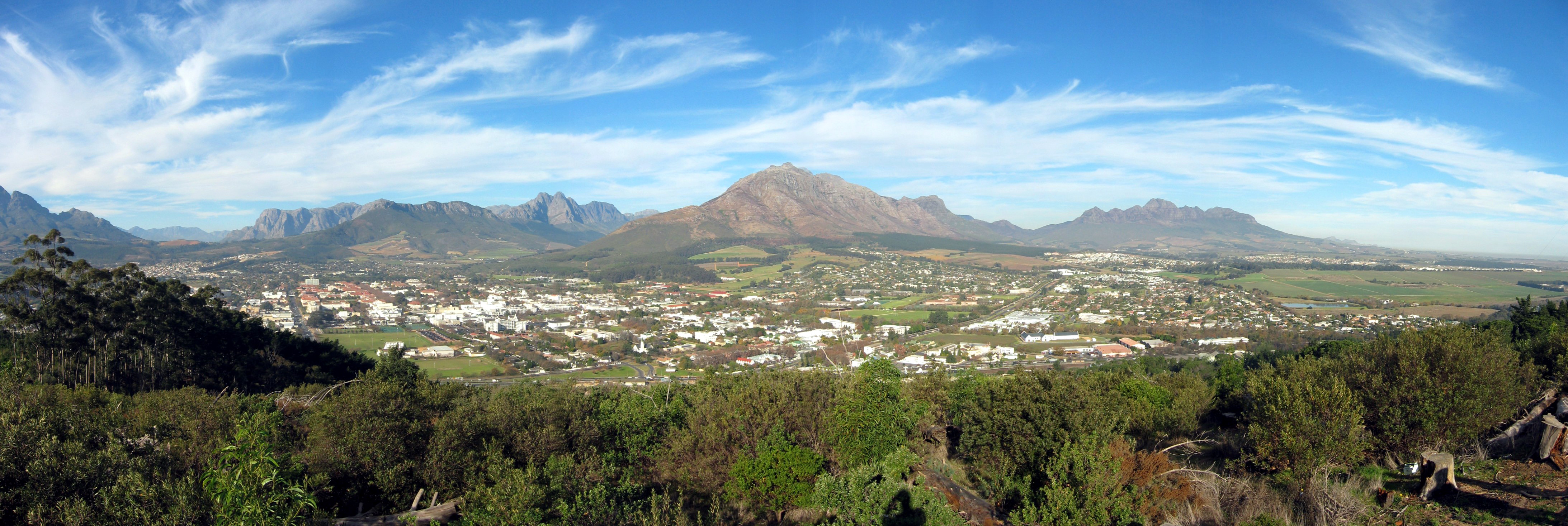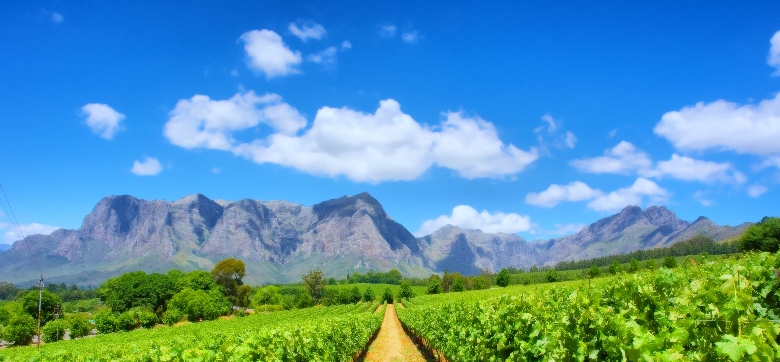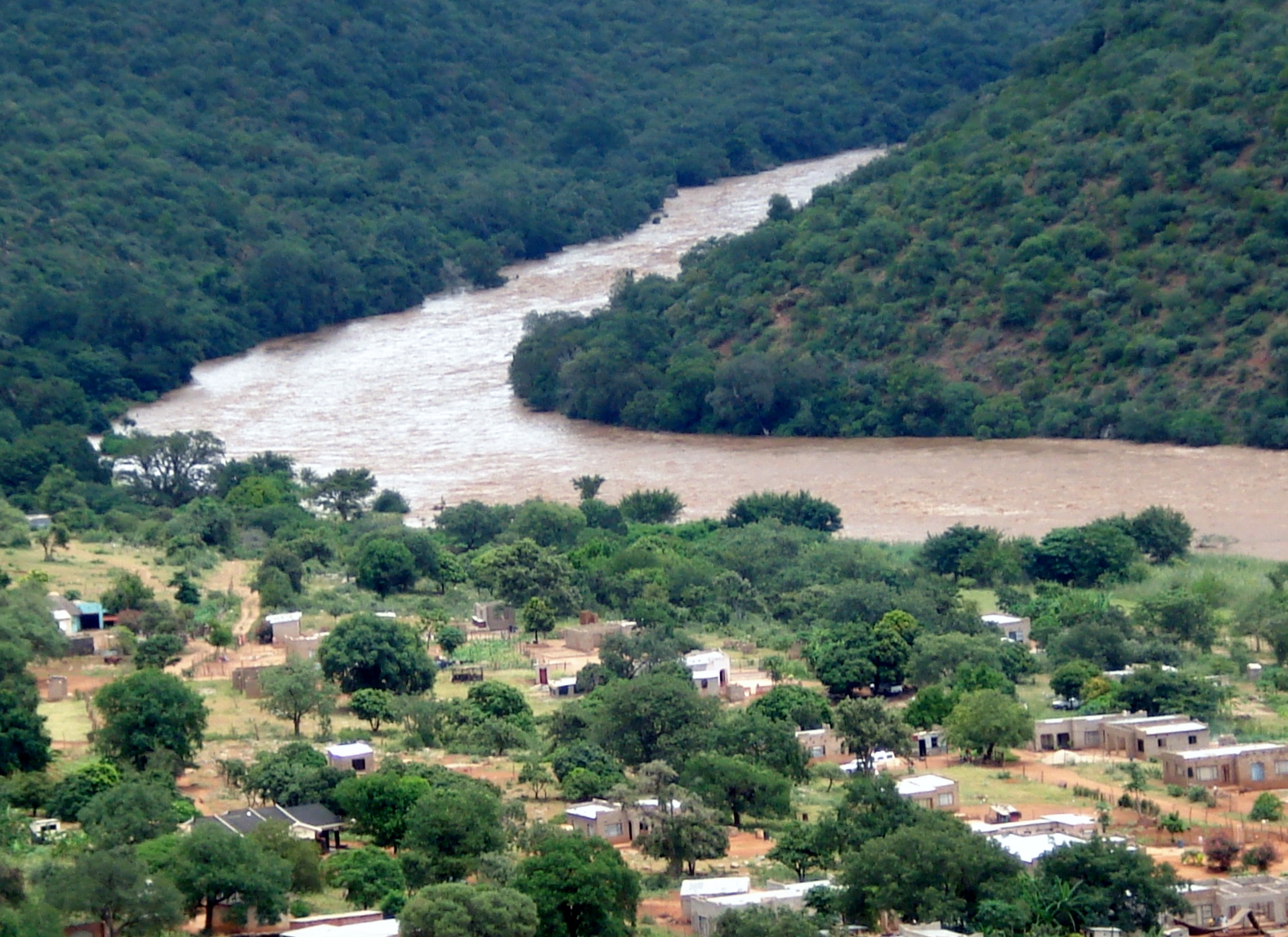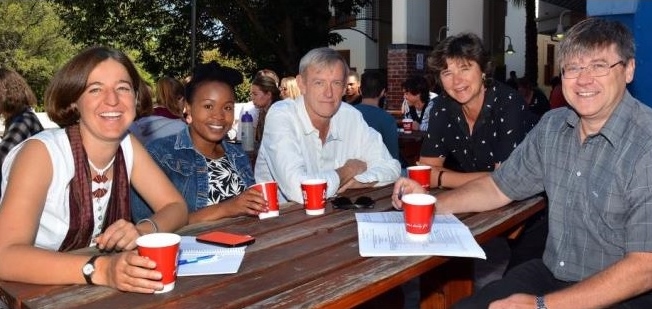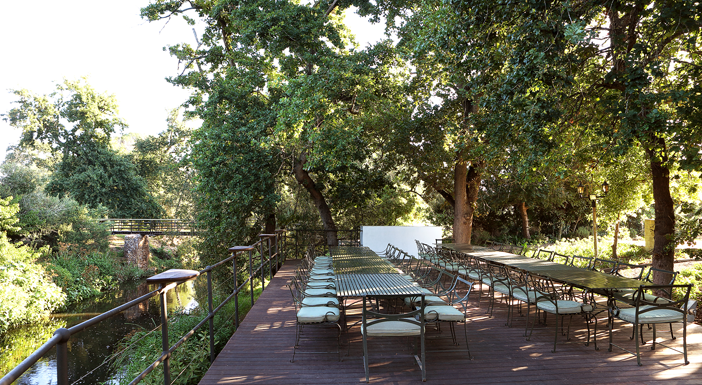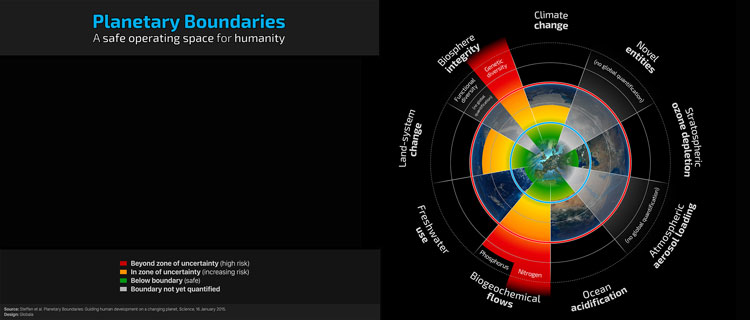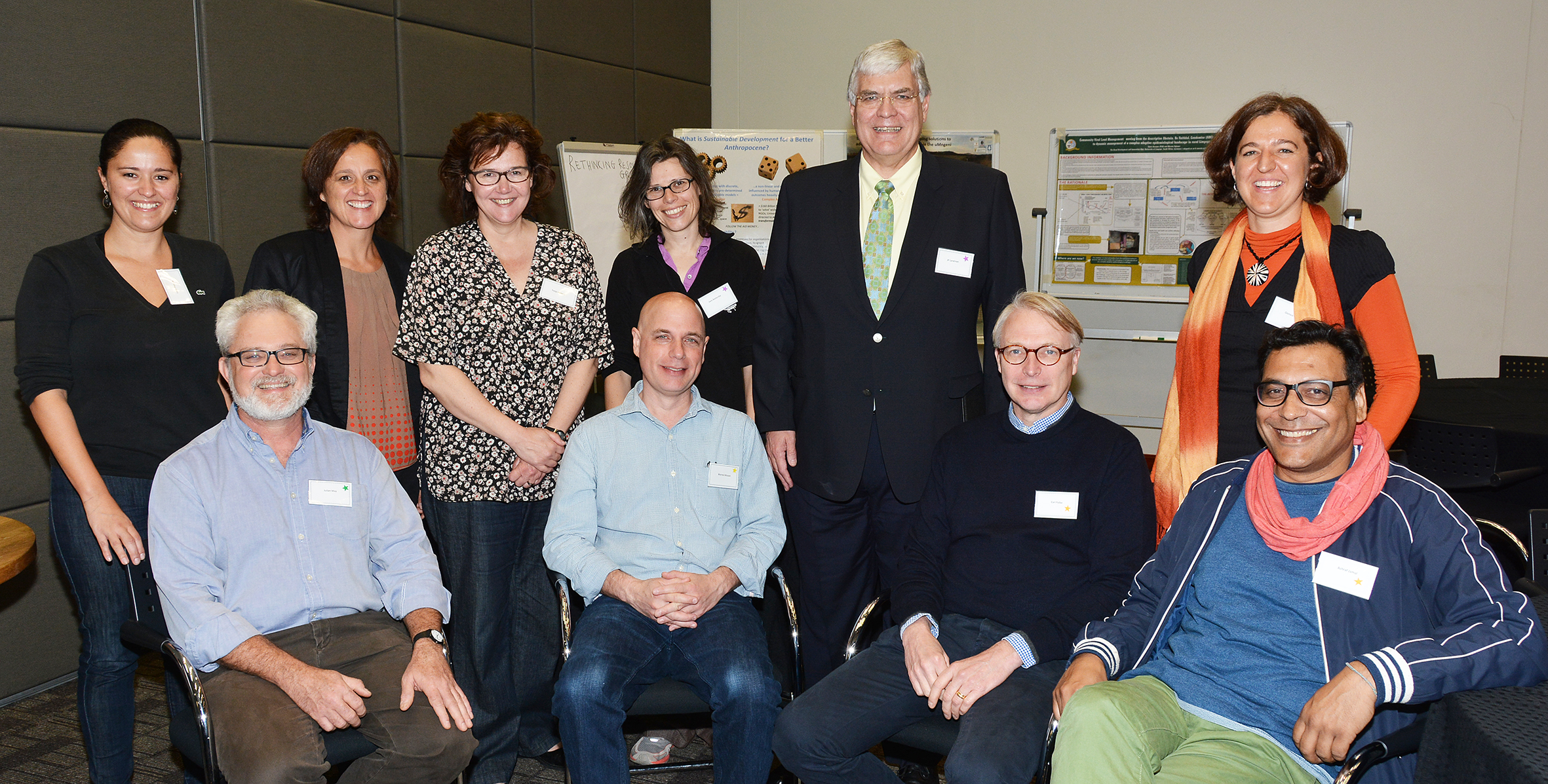New book: Principles for Building Resilience
The book "Principles for Building Resilience: Sustaining Ecosystem Services in Social-Ecological Systems" was co-edited by SAPECS-affiliated researcher Reinette (Oonsie) Biggs, and provides an in-depth review of current knowledge around how resilience can be applied in the management of social-ecological systems and the ecosystem services they provide. A number of SAPECS-affiliated researchers contributed to the book, including Georgina Cundill, Karen Kotschy, and Christo Fabricius. A matter of principle With contributions from scholars around the world and across disciplines, the chapters are structured around seven key principles for building resilience: maintain diversity and redundancy; manage connectivity; manage slow variables and feedbacks; foster complex adaptive [...]



